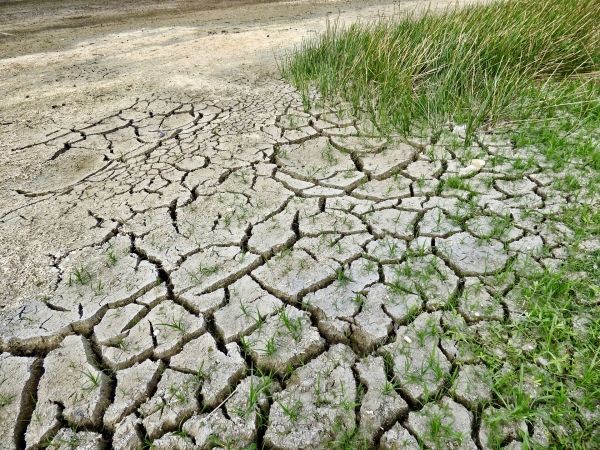Climate change—from rising temperatures and more severe heavy rain, to drought—is increasing risks for economies, human security, and conflict globally. Scientists at the University of Miami (UM) Rosenstiel School of Marine and Atmospheric Science are leading an effort to better assess the climate-conflict link to help societies manage the complex risks of increased violence from a changing climate
The links between climate and the risk of violent conflict are well studied; however, scientists in varying research disciplines often disagree about the scope and severity of possible climate change impacts. Some of the open research questions are about the links between climate change and violence, including large-scale armed conflict.
In a new report in Earth’s Future, a group of scholars, with backgrounds including environmental and political science, geography, and economics, analyze the relationship between climate and organized armed conflict to define crosscutting priorities for future directions of research. In a previous assessment published in 2019 by the group, it was estimated that over the last century between 3–20 percent of organized armed conflict risk has been influenced by climate.
In this new assessment, the scholars suggest that future directions for climate–conflict research include deepening insight on what the links are, when they matter, and how they manifest. They suggest that future research can use data from diverse sources, including satellite and drone imagery, social media, and population surveys.
Read more at Rosenstiel School of Marine and Atmospheric Science
Image by Jody Davis from Pixabay


